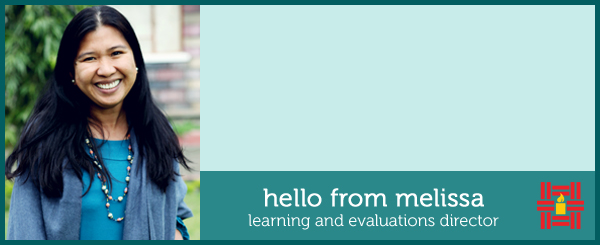
It has been a long time since I posted updates about the Teachers Training program. However, the long hiatus from blogging doesn’t mean we have not been busy. On the contrary, the Teachers Training Program has never been busier!
From February, Uswege (the latest addition to the TFFT team and the new training coordinator) and I carried out a series of trainings about assessment with specific focus on the use of formative assessment strategies. The fundamental premise of these series of trainings is that assessment can do a lot in improving student outcomes if data gathered are used to inform teaching practice and specific and descriptive feedback are given to help students know what and how they can improve.

Participants from the first training in Usa River watching a video presentation of what formative assessment is.
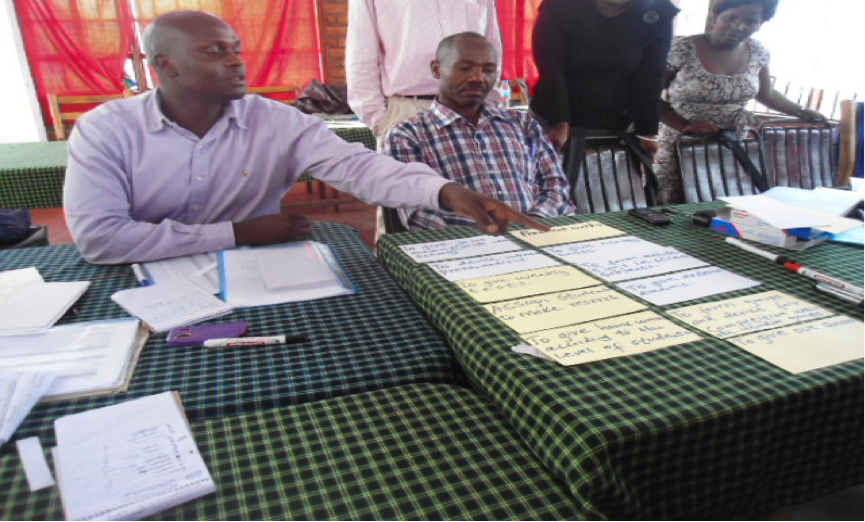
Group leader George Magollo presenting their output during one of the sessions in the Usa River training
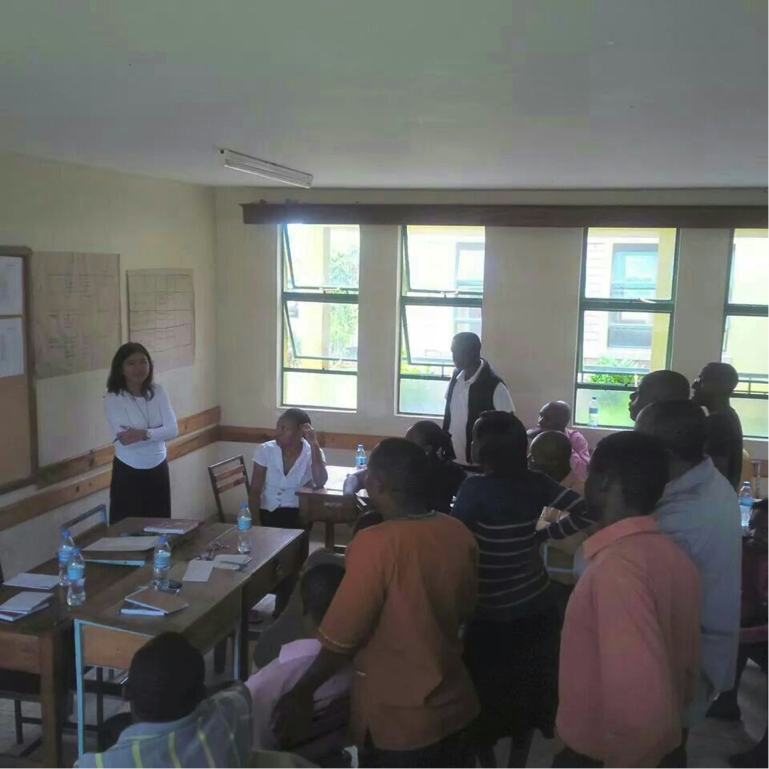
What purposes do different types of assessments serve? Here, I am leading a wrap up of an assessment survey in one of the sessions at Star High School.
Through carefully planned activities, the workshop gave the teachers opportunities to reflect on their assessment practices using their actual assessment samples, plans, and records. In one activity, the teachers had to review marks, annotations, and comments they made on a number of their students’ papers and to assess their usefulness in improving learning.
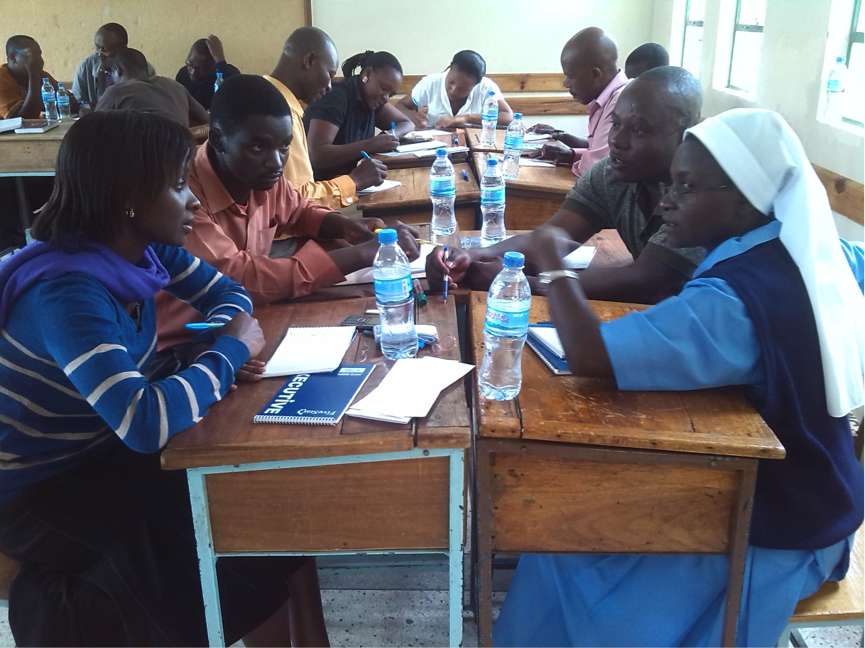
Teachers at Star High School discuss their assessment practices in groups.
In all honesty, the process was a bit painful for some of the participants (there were moments when it felt like pulling teeth!) but in the end, I admired their courage to open up, honestly answer discussion questions, and commit to getting out of their “comfort zone” by trying alternative assessment strategies (beyond just summative assessments) and improving the quality of questions they ask of students in class.
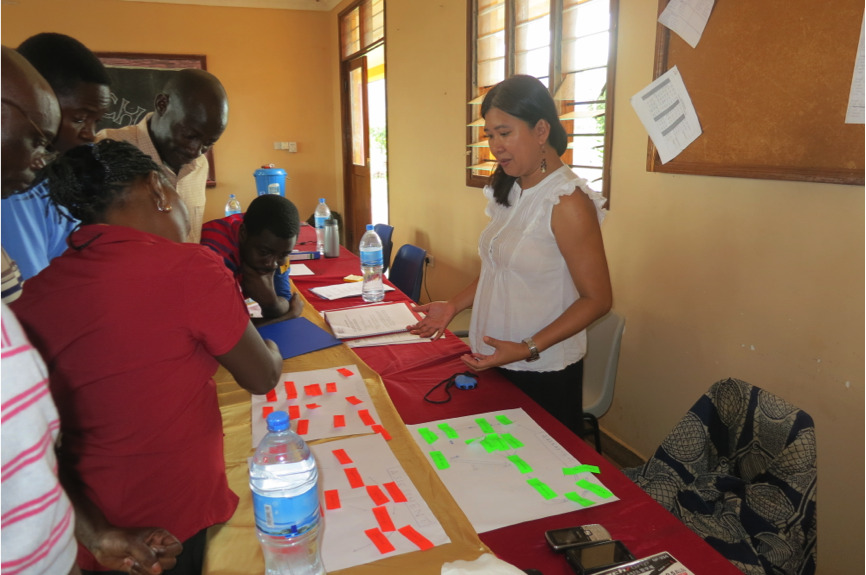
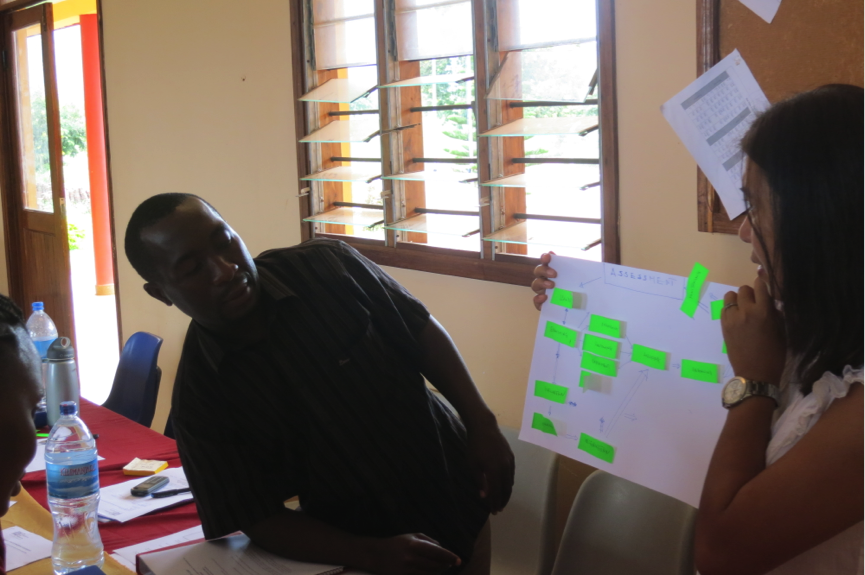
SEGA teachers looking closely at concept maps developed by their colleagues. The activity aims to explore concepts and ideas teachers associate with assessment and how they relate with each other.
The training reached 4 primary and secondary schools, 4 teacher resource centers, and 1 youth center, with participants numbering to 50 in total. In between these trainings the Teachers Training team also have gone out and visited the participants in their workplaces, conducted class observations, and followed-up on their action plans. We’ve seen promising results from the first batch of trainees and are excited to see what the others in the later trainings have achieved. And to prove that your support to the Teacher Training Program is truly a gift that keeps on giving: a month after we did the first training on assessment strategies, 4 of the Teacher Resource Center Coordinators and Ward Education Officers we have trained had gone on to train 88 more teachers from government primary schools in Meru District on the same. Thank you again for your support!